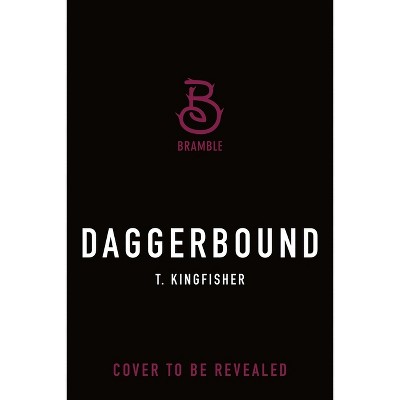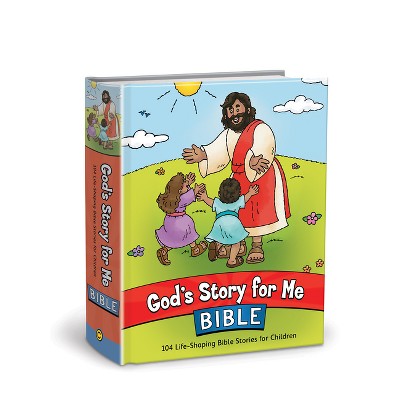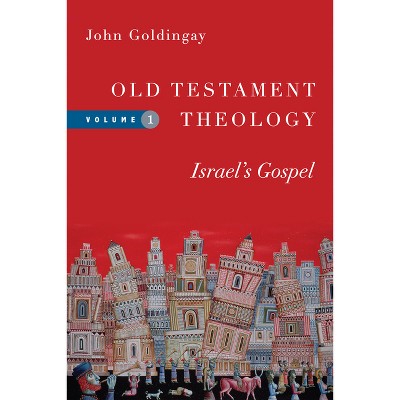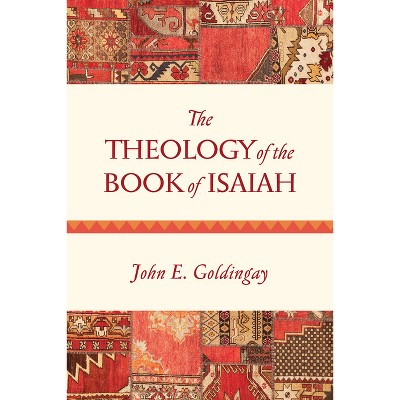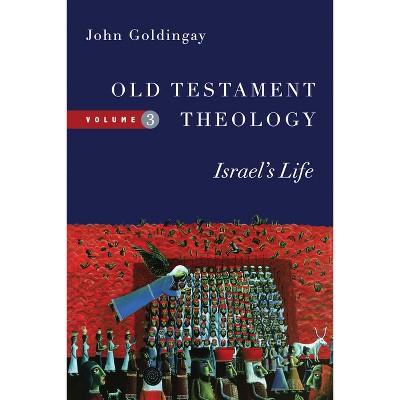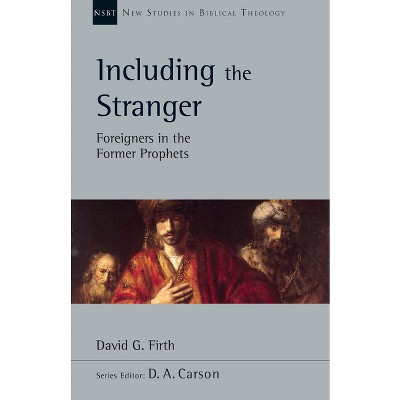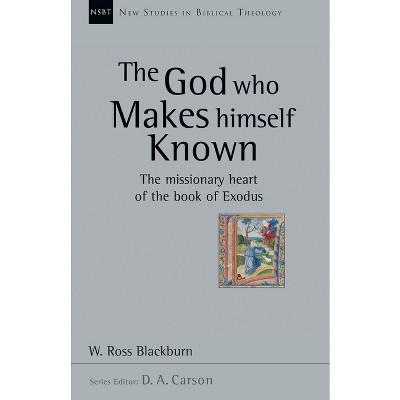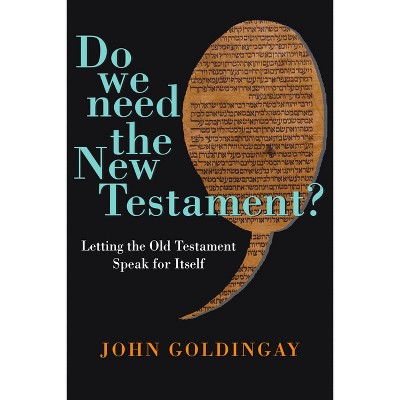Sponsored

The Theology of Jeremiah - by John Goldingay (Paperback)
In Stock
Sponsored
About this item
Highlights
- How do we think about the theology of the book of Jeremiah?
- About the Author: John Goldingay (PhD, University of Nottingham; DD, Archbishop of Canterbury at Lambeth) is senior professor of Old Testament at Fuller Theological Seminary and lives in Oxford, England.
- 160 Pages
- Religion + Beliefs, Biblical Studies
Description
About the Book
How do we think about the theology of the book of Jeremiah? John Goldingay considers the prophet Jeremiah himself, his individual circumstances and those of Judah, and his message. As we view the book of Jeremiah in its entirety, we learn about God, Israel as the people of God, the nature of wrongdoing and prophecy, and what we know about the future.
Book Synopsis
How do we think about the theology of the book of Jeremiah? John Goldingay considers the prophet Jeremiah himself, his individual circumstances and those of Judah, and his message. As we view the book of Jeremiah in its entirety, we learn about God, Israel as the people of God, the nature of wrongdoing and prophecy, and what we know about the future.
Review Quotes
"Dr. Goldingay has produced another interesting and thought-provoking book that helps us get to the heart of the meaning of the book of Jeremiah. While you may not agree with his understanding of how the book of Jeremiah came about, there are plenty of other good thoughts in the book to make it extremely valuable. One of the most helpful discussions is on Jeremiah as a prophet; his description of Jeremiah being vulnerable but protected has some very good insights. He also highlights that there is hope in the book of Jeremiah after the catastrophe is over-a very useful perspective when we are going through trials."
"Goldingay's scholarly, concise, and vibrant writing clarifies a path for students and general readers through the maelstrom of complaints, prophecies of doom, and tragic missteps in the book of Jeremiah, helping us to hear God speak in the trauma and confusion of our times."
"In a day when Old Testament books like Jeremiah are often merely mined for proof texts, or worse, completely ignored, Dr. Goldingay reminds us of the timeless theological message of the book of Jeremiah. Facilitated by years of Old Testament scholarship and study, Goldingay illuminates the historical setting of the prophet, wrestles with the literary complexity of the book, and savors its theological message. While readers may not agree with all his proposals, Goldingay succeeds in warmly and accessibly inviting Christians to reflect on the theological truths found in this important prophetic book."
"John Goldingay gives us a lucid, personable, and often witty introduction. Attentive to the book's own context and message, The Theology of Jeremiah also engages interpretive challenges and explores the book's message for a Christian audience. The volume does not overburden the reader with the guild's technical discussions as it distills what is often an overwhelming book to its basics of structure, themes, and theologies. Goldingay has provided a terrific volume for beginning students or lay readers eager to make sense of Jeremiah."
"John Goldingay is a once-in-a-generation scholar who writes with relevance, power, conviction, and clarity. The Theology of Jeremiah is a gift to all who wish to ponder what Jeremiah-a scroll forged in the furnace of suffering-has to say about the God who uproots and plants."
"This volume on the theology of Jeremiah reflects what I have always loved and respected about Dr. Goldingay's writing-deep theological reflection expressed in an accessible and engaging way that makes reading theology like reading a good story. Goldingay's straightforward development of the message of Jeremiah brings clarity and coherence to a part of Scripture characterized by many as hopelessly disordered, and he has done the church a great service in helping us to see and hear anew Jeremiah's powerful message of judgment and hope."
About the Author
John Goldingay (PhD, University of Nottingham; DD, Archbishop of Canterbury at Lambeth) is senior professor of Old Testament at Fuller Theological Seminary and lives in Oxford, England. His many books include An Introduction to the Old Testament, A Reader's Guide to the Bible, Biblical Theology, the three-volume Old Testament Theology, and the seventeen-volume Old Testament for Everyone series. He has also published his translation the entire Hebrew Bible as The First Testament. He is a Church of England minister, and now that he is back in England likes walking by the Thames, rediscovering English food, worshiping in Christ Church Cathedral, and relearning British English.
Shipping details
Return details
Frequently bought together
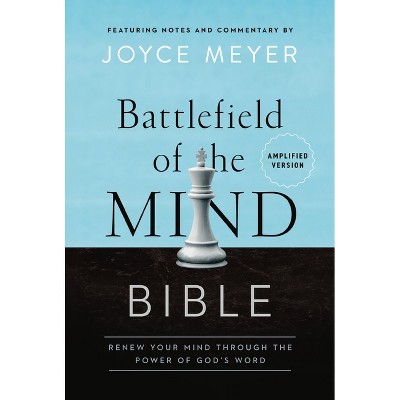


Trending Non-Fiction






